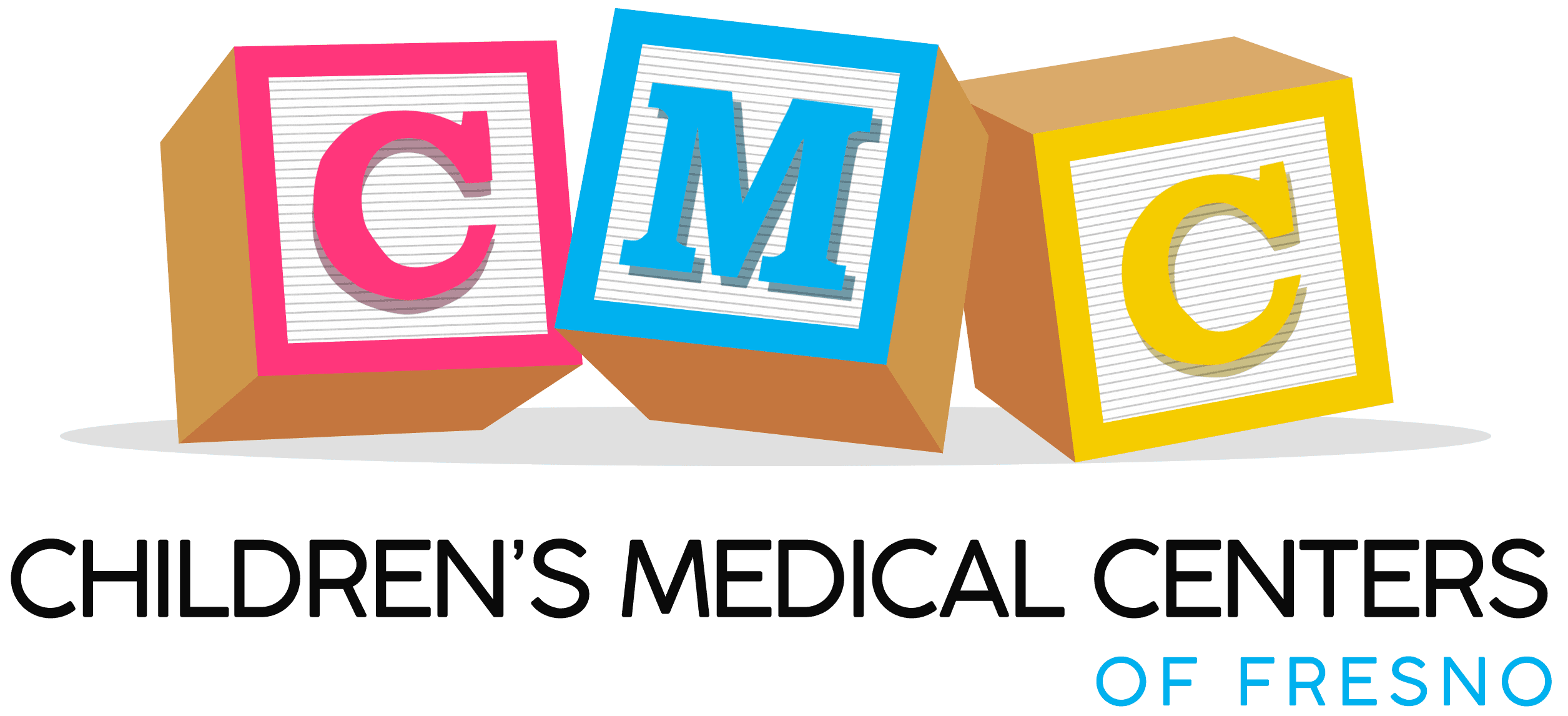Autism Spectrum Disorder (ASD) is a complex developmental condition that impacts individuals in unique ways, leading to a wide range of ASD behaviors and characteristics. This blog will delve into the multiple types of autistic spectrum disorders, such as autistic disorder, Asperger’s syndrome, and pervasive developmental disorder not otherwise specified (PDD-NOS). By gaining a deeper understanding of the autism spectrum and its diverse manifestations, we can better support individuals with ASD and their families.
What is the Autistic Spectrum?
The autism spectrum includes a variety of neurodevelopmental conditions that lead to difficulties in social communication, repetitive behaviors, and limited interests. No two individuals with ASD are the same, making it crucial to understand that the spectrum encompasses a wide array of behaviors and autistic characteristics.
Understanding the Spectrum
Researchers have identified approximately 1 in 36 children have autism spectrum disorder (ASD), based on estimates from the Center for Disease Control and Prevention’s Autism and Developmental Disabilities Monitoring (ADDM) Network. ASD affects children across all racial, ethnic, and socioeconomic groups. It is nearly four times more common in boys compared to girls. Based on parental reports, approximately 1 in 6 children (17%) aged 3-17 had a developmental disability during the study period. Among the developmental disabilities were conditions like autism, attention-deficit/hyperactivity disorder (ADHD), blindness, and cerebral palsy.
ASD can manifest in many ways, making it essential to grasp its core components. Common autistic behaviors include difficulties with social interactions, verbal and nonverbal communication challenges, repetitive movements or interests, sensory sensitivities, and resistance to routine changes.
Types of Autism Spectrum Disorder
-
Autistic Disorder
Autistic disorder, often called classic autism, is one of the most well-known types of ASD. Individuals with autistic disorder typically exhibit significant difficulties in social interactions and communication skills. They may struggle with maintaining eye contact, understanding social cues, and engaging in reciprocal conversations.
2. Asperger’s Syndrome
Asperger’s syndrome exhibits milder symptoms than autistic disorder. Individuals with Asperger’s often have average to above-average intelligence and might demonstrate intense interest in specific subjects. However, they could experience trouble understanding social nuances and appear socially awkward.
3. Pervasive Developmental Disorder-Not Otherwise Specified (PDD-NOS)
Clinicians diagnose PDD-NOS when they observe an individual exhibiting some but not all of the criteria for autistic disorder or Asperger’s syndrome. Providers use it when the autism spectrum disorder symptoms do not fit neatly into the other ASD categories. People with PDD-NOS might display a wide range of behaviors of autism and characteristics.
Early Detection Signs
It is critical to recognize ASD early to provide timely intervention and support. Some common early signs of autism in toddlers include limited or absent babbling, lack of pointing or gestures to show interest, limited eye contact, delayed speech development, and repetitive behaviors like hand-flapping or rocking. Learn more about the different signs of autism in children by reading our dedicated blog entitled “Signs of Autism in Children (for National Autism Awareness Month).”
Parenting and Supporting Children with ASD
Raising a child with ASD comes with unique challenges and joys. Here are some essential tips for parenting and supporting children with autism:
A. Early Intervention
Seek professional evaluation and intervention as early as possible to maximize the child’s potential for growth and development.
B. Individualized Education
Work with educators to create personalized learning plans that cater to the child’s strengths and challenges. Learn more about the scope and information about autism by gaining access to a wide range of resources.
C. Applied Behavior Analysis (ABA)
ABA therapy is a beneficial intervention for children with ASD as it aids in enhancing their communication, social skills, and adaptive behaviors.
D. Support Group
Joining support groups for parents of children with ASD can provide emotional support and valuable insights.
Challenges and Triumphs
Life with Autism Spectrum Disorder presents challenges and triumphs for individuals and their families. Some challenges include difficulty forming friendships, sensory sensitivities, communication barriers, and the need for structured routines. However, individuals with ASD often possess unique talents and strengths, such as exceptional attention to detail, creativity, and intense focus on specific interests.
Frequently Asked Questions about Autism Spectrum Disorder
How important is early detection of autism in children?
Early detection of autism is necessary as it allows for timely intervention, leading to better communication, social skills, and overall development outcomes. Early support can significantly impact a child’s future.
Is there a link between genetics and autism spectrum disorder?
Studies indicate that genetics play a major role in developing autism spectrum disorder (ASD). Although not entirely understood, certain genetic factors may increase the likelihood of ASD.
Unlocking the Autism Spectrum: A Journey Through the Various Types of ASD in Children
Autism spectrum disorder encompasses a wide range of behaviors and characteristics, making each unique. Understanding the different types of autism, such as autistic disorder, Asperger’s syndrome, and PDD-NOS, helps us offer better support and acceptance to those living with autism. Early detection, personalized interventions, and a nurturing environment are vital in helping individuals with ASD reach their full potential and lead fulfilling lives. By welcoming diversity and encouraging inclusiveness, we can build a kind and understanding community that embraces and accepts everyone, regardless of their unique neurological characteristics.
Understanding the autism spectrum has brought awareness to the unique challenges faced by our little ones. Take action to prioritize your child’s safety and peace of mind by scheduling an appointment today. Contact us at (559) 455-1500 or click the “Book an Appointment” button for expert guidance and support. Discover more about our services at CMCFresno, and let’s work together to ensure a brighter future for your child on the autism spectrum.
At Children’s Medical Center of Fresno, we dedicate ourselves to children’s health and provide accessible, top-notch care. Our after-hour pediatric clinic services, telemedicine options, and weekend appointments ensure convenience for you and your child. Trust us to deliver the best solutions for your child’s health and well-being.



